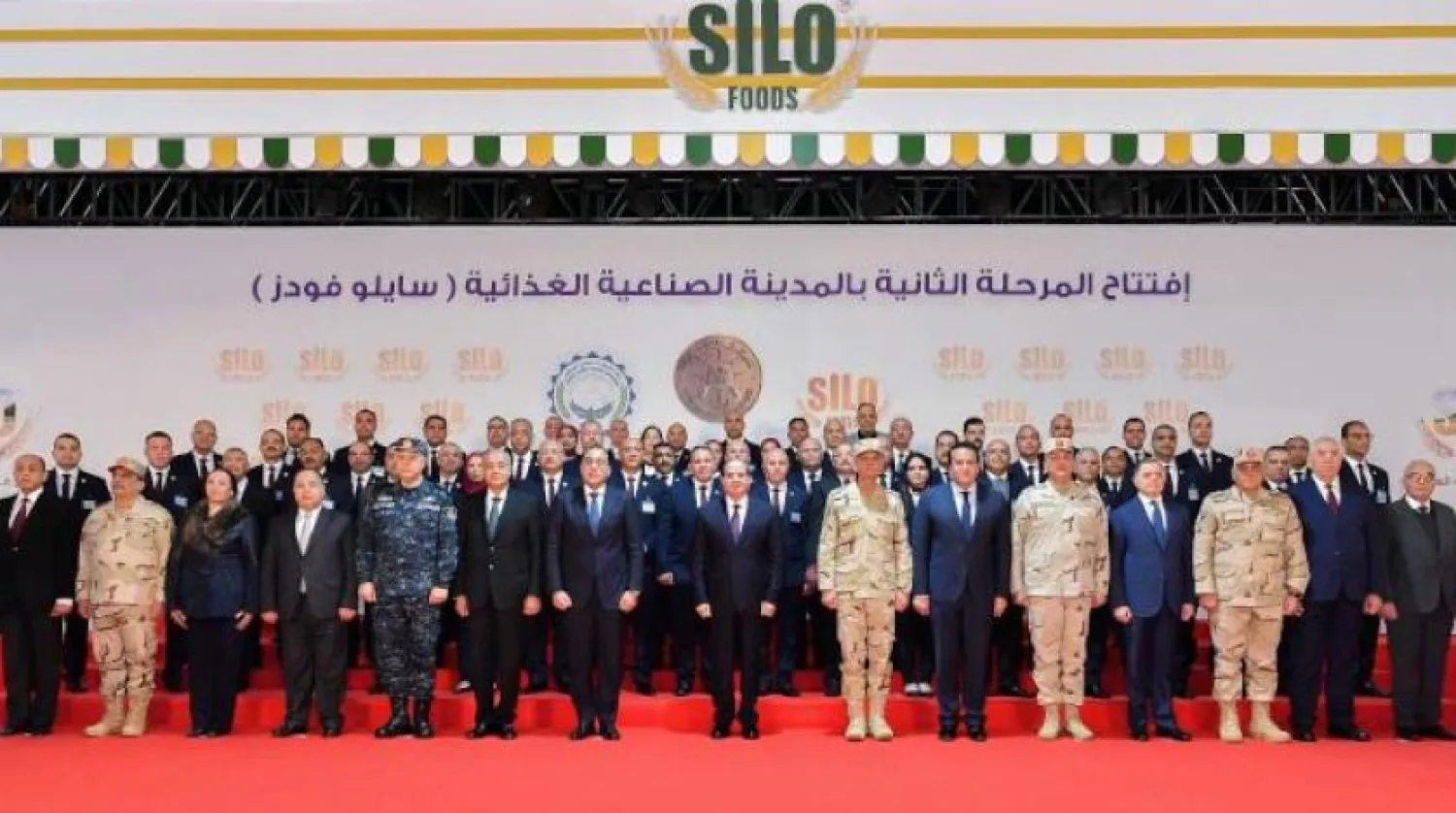Egyptian President Abdel Fattah Al-Sisi on Friday affirmed his appreciation of Saudi Arabia's positions towards Egypt, stressing his refusal to succumb to sedition or offend "our brothers."
Sisi responded to media reports that addressed lately the relations between Egypt and Saudi Arabia, stressing the need to "write to improve and strengthen relations between Egypt and brotherly countries, not the opposite."
Speaking at the opening of the second phase of Silo Foods, a food industrial complex in Sadat City, the President recalled his policy since assuming power about eight years ago, stressing that Egypt maintained good relations with everyone, pointing out that it is a path adopted in times of crises and disagreements.
"We must also not forget the support our brothers have given us," said Sisi, adding that what is being said in Egyptian social media sites and even in some newspaper articles about "relations with our brothers in the Kingdom of Saudi Arabia or any other country is inappropriate."
Saudi Arabia and Gulf countries provided extensive financial and oil support to Egypt during the periods that followed the transitions and protests in 2011 and 2013, which Sisi referred to on several occasions. "If it was not for the support of the Gulf, the state would not have been complete," Sisi had said in earlier statements.
The President called on Egyptians not to be led by malicious websites that aim at creating sedition and driving a wedge between Egypt and its brothers.
Egypt is keen on maintaining good relations with its brothers, noting that even during the Grand Renaissance Ethiopian Dam (GERD) crisis, the Egyptian state did not issue any offensive statements or behavior.
Addressing the impact of the economic crisis on commodities in the market, Sisi stressed that the state would continue to provide a strategic stockpile of essential items, despite the difficult economic conditions and the high cost.
He also discussed the population increase in the country, saying that during the past forty years, the population dramatically increased without implementing the necessary projects to meet that increase.
Sisi explained that Egypt needs $100 billion over seven years to bridge the import gap, which amounts to about $30 billion, pointing out that the state is ready to provide all necessary facilities.
The government announced plans to sell stakes in at least 32 companies, including three prominent banks and energy companies.
He also announced that the government was ready to put more companies on the stock exchange market or into partnership with the private sector, which can contribute positively after achieving the main production goals of these companies.









